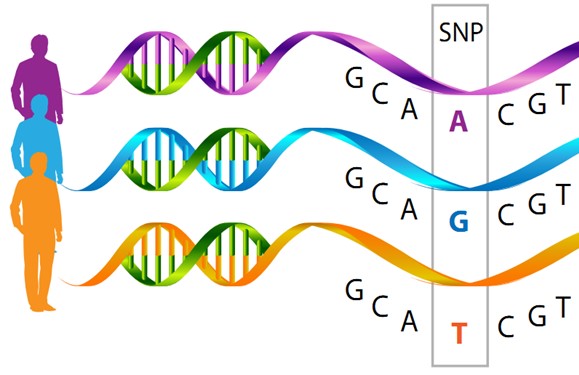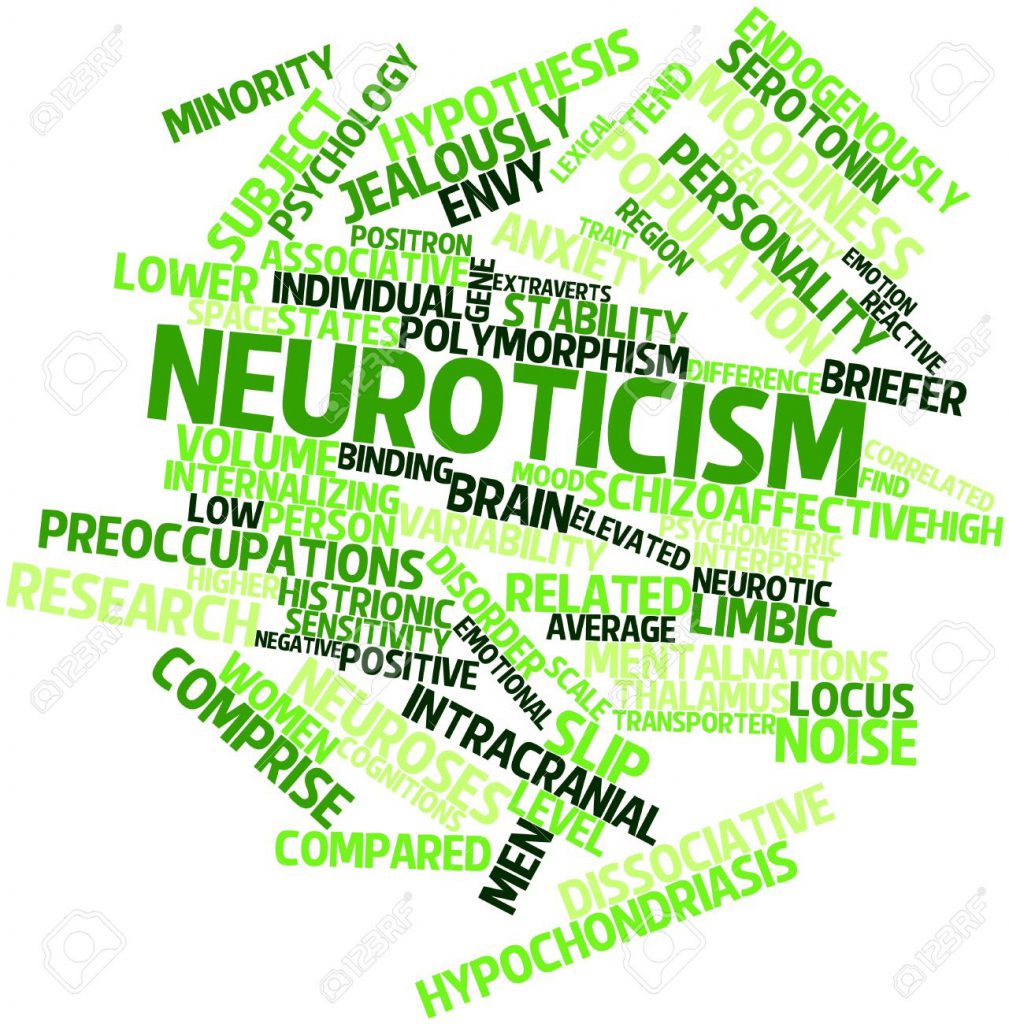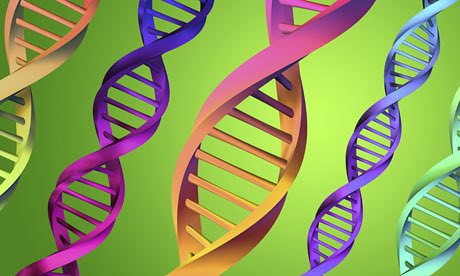
Nearly all human traits, such as height, weight, and intelligence, and common disorders like major depressive and anxiety disorders are polygenic. This means that variation in more than one gene (usually many genes) contributes to total genetic predisposition for a specific trait or disorder. Chris outlines how Polygenic Risk Scores…










Recent Comments